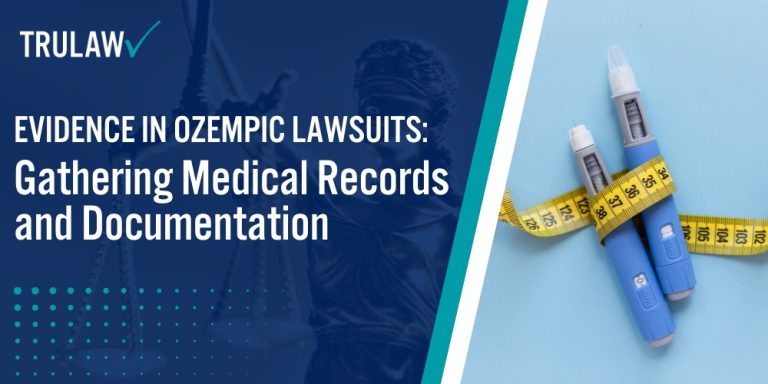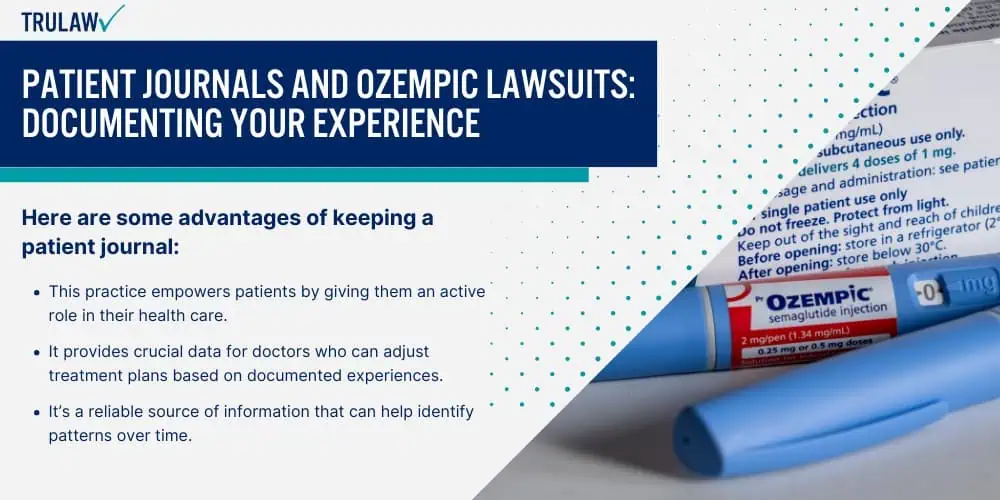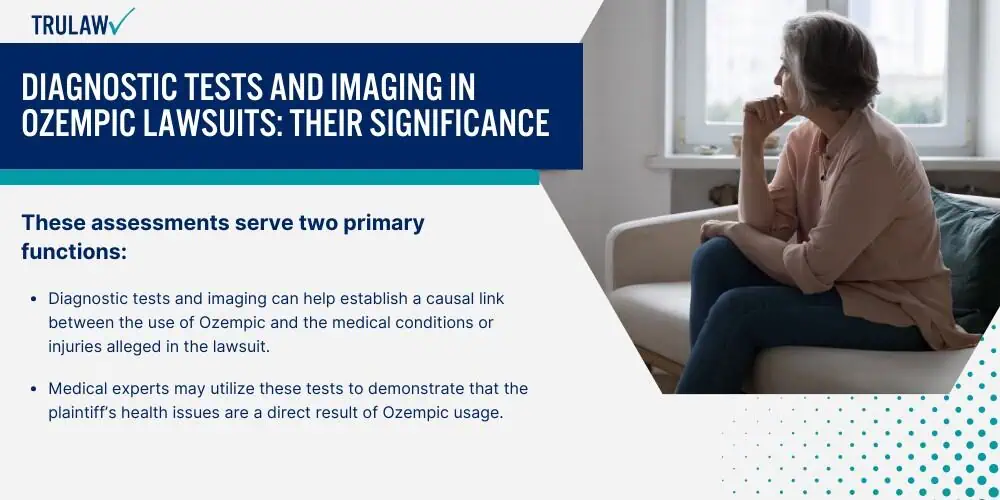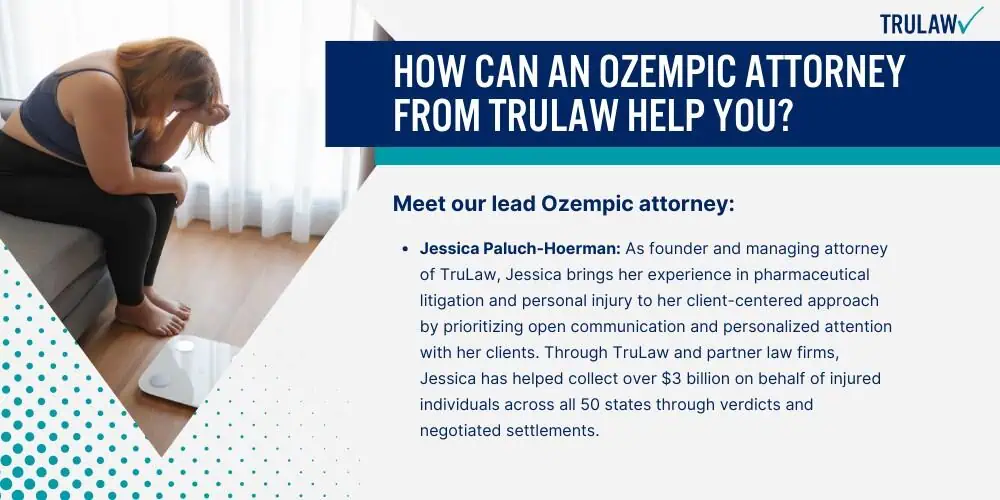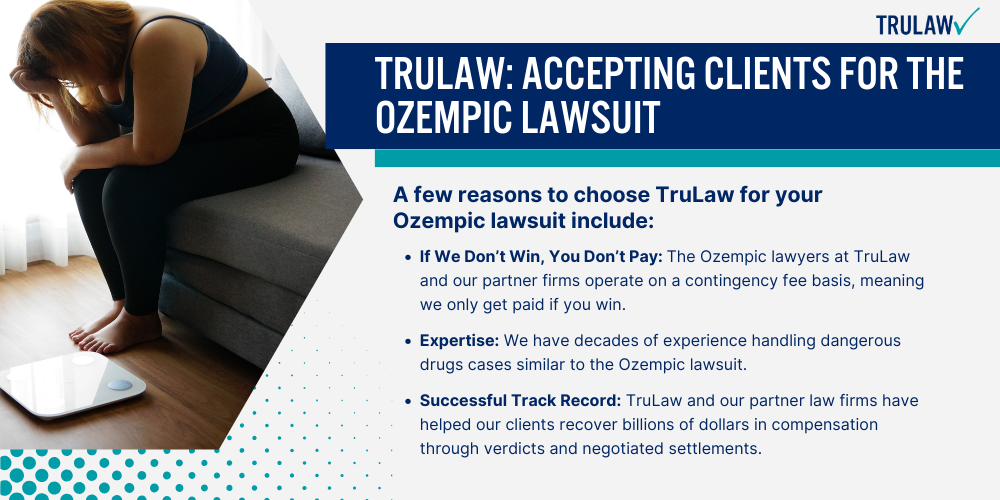In a gastroparesis-related Ozempic gallbladder lawsuit, understanding the types of medical records required and their relevance is paramount.
Ensuring completeness and accuracy in collecting records can significantly contribute to building a strong case, particularly in Ozempic lawsuits.
Identifying Key Medical Records
When gathering evidence for your Ozempic lawsuit, certain documents carry more weight than others.
Hospital records, doctor’s notes, and prescription history are among the most crucial.
Hospital records offer a comprehensive view of your health status during hospitalization periods.
They include diagnostic tests, treatment plans, surgical procedures performed, and progress notes.
These records provide concrete proof of any adverse effects you may have suffered due to Ozempic.
Doctor’s notes also play a vital role in your case.
They contain detailed information about your visits to the doctor while on Ozempic medication.
Any changes in health conditions or side effects noted by the doctor can serve as compelling evidence against the drug manufacturer.
Prescription history is another important piece of this puzzle.
It validates that you were indeed prescribed and took Ozempic medication.
This record corroborates your claim against Novo Nordisk, the drug manufacturer.
Relevance of Each Record Type
Each type of medical record holds a unique importance in an Ozempic lawsuit.
Their collective contribution forms a robust body of evidence supporting your claim.
Hospital records serve as undeniable proof that you sought medical attention due to complications arising from taking Ozempic.
It shows the severity and extent of harm caused by this medication.
Doctor’s notes act as testimonies from medical professionals about your health deterioration while using Ozempic.
They highlight key observations made by doctors during consultations that link directly to potential side effects caused by this drug.
Your prescription history serves two main purposes: it confirms that you used Ozempic, and it provides a timeline showing how long you were on this medication before experiencing adverse effects.
Building a Strong Case
The strength of your Ozempic gallbladder lawsuit largely depends on the quality and quantity of medical records you gather.
These records should collectively establish a direct link between the drug and your health issues.
For instance, hospital records showing numerous visits due to similar complications could indicate a pattern.
Similarly, doctor’s notes highlighting severe side effects during your medication period can reinforce this pattern.
Moreover, a prescription history that aligns with these observations further solidifies your claim.
It provides a timeline that clearly demonstrates when the adverse effects started appearing after two diabetes drugs, Ozempic medication.
Completeness and Accuracy Matter
When collecting medical records for your Ozempic lawsuit, completeness and accuracy are non-negotiable.
Any missing or inaccurate information can weaken your case or even lead to its dismissal.
Ensure all relevant hospital visits are documented in detail.
Each doctor’s note should be comprehensive, noting every symptom and side effect discussed during consultations.
Your prescription history needs to be meticulous, recording each time Ozempic was prescribed and refilled.
